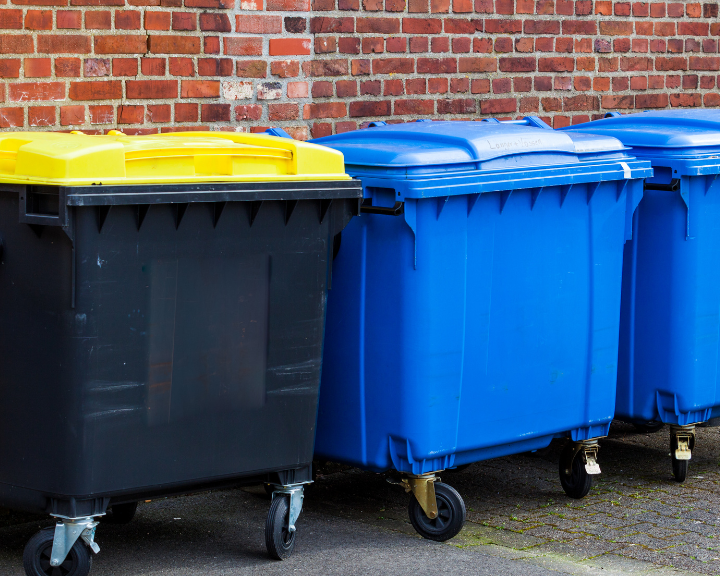Modern farming practices have evolved tremendously over time, including the utilization of plastic bins in food production and distribution. Plastic bins have revolutionized how produce is stored, transported, distributed to consumers across the world and ultimately sold back for recycling or sale at markets or even directly sold at store shelves. We will explore plastic bins’ role in modern farming practices while considering their effect on agriculture as part of this article below.
Efficient Harvesting and Transportation
As soon as crops are harvested, they begin to deteriorate. This makes it critical for farmers to transport their fresh produce to processing plants efficiently to ensure they make it onto grocery store shelves and restaurants promptly. Here is where plastic bins play their first significant role in agriculture. These containers are lightweight, flexible, and can stack on top of each other without breaking under the weight of the fruits or vegetables placed inside them.
The effective use of space during transportation and storage saves time and money for the farmers and reduces food waste by getting more crops to the market without spoilage. It is easy to find a shipment of plastic bins filled with melons, sweet corn, or peppers moving from the fields quickly and safely, especially when the weather is mild and the produce is highly perishable.
Reducing Food Waste
Farmers have always suffered losses in their harvest due to unmarketable crops or produce wasted or lost during packaging, transportation or storage. One key benefit of using plastic bins in modern farming practice is a significant reduction in these food waste losses. The durable structuring of plastic bins protects fresh produce from physical damage and exposure to pests.
Previously, selling locally grown, imperfect produce simply seemed like an impossible feat for most farmers because people aren’t interested in below-average quality produce. But with the use of plastic bins, the premium quality fruits and vegetables can remain protected and sold to markets, restaurants, and other food outlets. Ensuring more crops make it to market means the farmers earn more revenue, and the environment benefits from reduced food waste.
Quality Control and Food Safety
Food safety regulations require the establishment of a safe workplace during transport as well as harvesting, sorting and the processing of food items. This has resulted in the implementation of food safety regulations in the agricultural sector. Plastic bins help in maintaining these standards due to their ease of clean and sanitize. Their smooth, non-slip surface prevents the proliferation of harmful bacteria particularly in comparison to wooden counterparts which may be home to bugs and contaminate the product.
Using plastic bins ensures that the food products meet food safety regulations and pass health inspections. It also ensures that the farming operations process quality products over and over again.
Promoting a Sustainable Environment
The plastic material used to manufacture these bins, Polypropylene, is 100% recyclable and reusable. Consequently, the use of plastic bins has contributed positively to the larger environmental sustainability efforts.
They protect produce from contaminant, the wear and tear that is associated when you use non-reusable packaging like wood boards or cardboard boxes that are used to transport fruit and vegetables. This is why using plastic containers significantly reduces the amount of waste produced and their impact on the environment.
Lowers Labor Costs
One of the primary benefits of investing in reusable plastic bins is the cost-effectiveness. The investment made in these containers lasts several seasons. Farmers save money and time in production, transportation, and management costs. Reusable plastic bins remove the need to continuously purchase boxes that increase operating costs.
In summary, plastic bins have turned out to be an essential resource in modern farming practices. They ensure efficient transportation, promote the maintenance of food safety regulations, safeguard the environment, and reduce production costs through their longevity. Farmers and consumers both benefit from the user-friendly nature of plastic bins, and they continue to make agriculture a much easier industry to manage.
